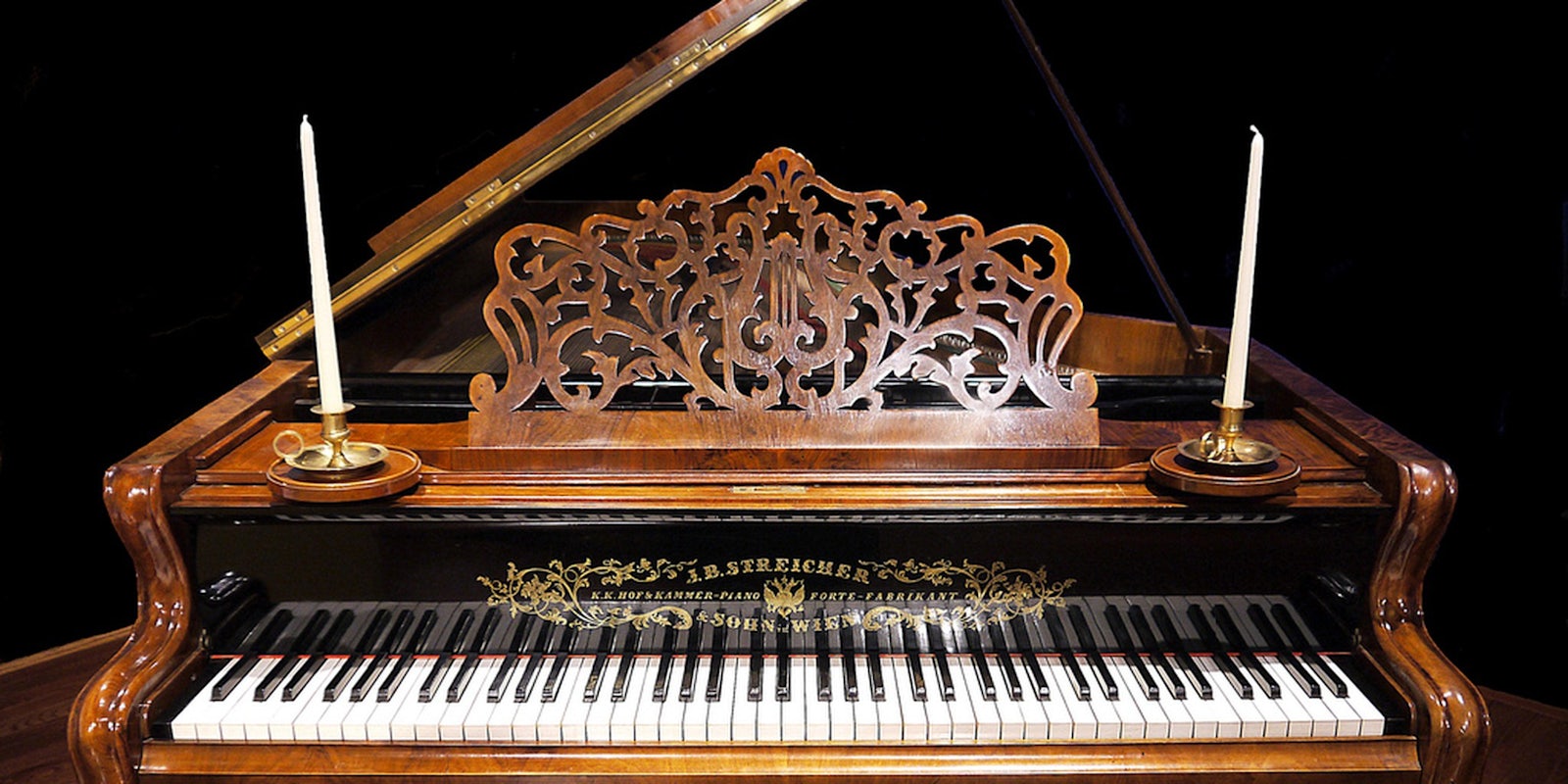Is genius born, made, or forcibly guided to brilliance by a robotic hand? The third road to excellence is something of a shortcut, made possible by Saurabh Datta’s thesis project at the Copenhagen Institute of Interaction Design, and it is perhaps equal parts charming and horrifying.
It’s no secret that the greatest figures in fields from athletics to the arts rely on carefully cultivated muscle memory. A talented pianist’s fingers glide over the keys effortlessly but can still stop abruptly when they lose their way. Datta’s project seeks to circumvent the executive mental function required to achieve high levels of the feat we call muscle memory, which is actually a kind of procedural memory—the tasks we can be trained to do so thoroughly that we are no longer consciously aware of executing them.
One of Datta’s projects, called Teacher, guides the subject’s hand to draw. Another, called Forced Finger, actually employs haptic feedback to tell the fingers which piano keys to touch and when. While normally we rely on the cerebellum for motor learning in situations like these, Datta’s projects seeks to offload some of that cognitive processing to machines that guide our movements for us.
It’s a somewhat backward approach to the notion of motor learning, but an intriguing one nonetheless, considering how often that kind of memory comes into play. Muscle memory is particularly important in fields like music, which we so often associate with the trope of the genius who was born into excellence. Maybe we all have a miniature Bach lurking in our cerebellums, just waiting for a robot to show him the way out.


